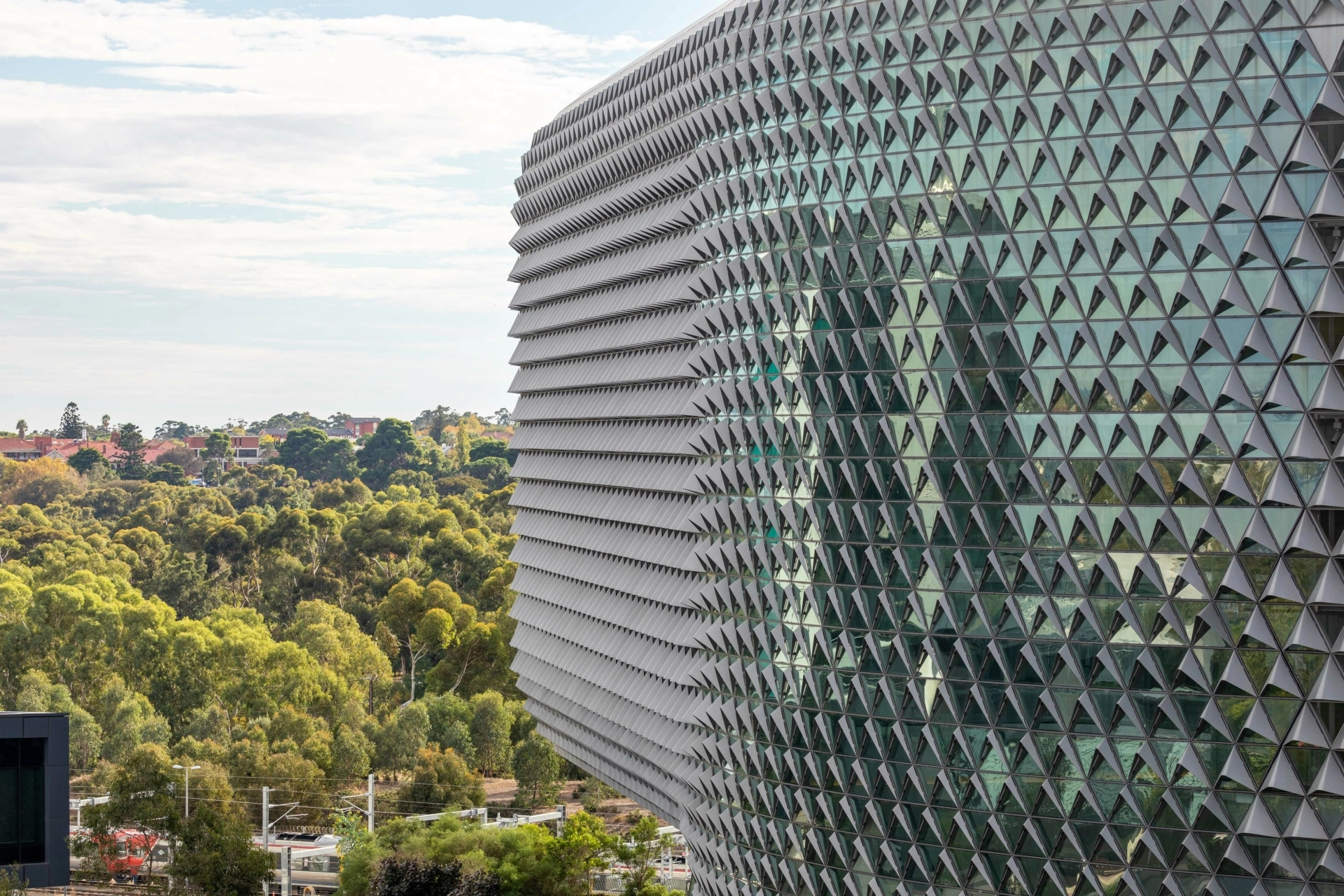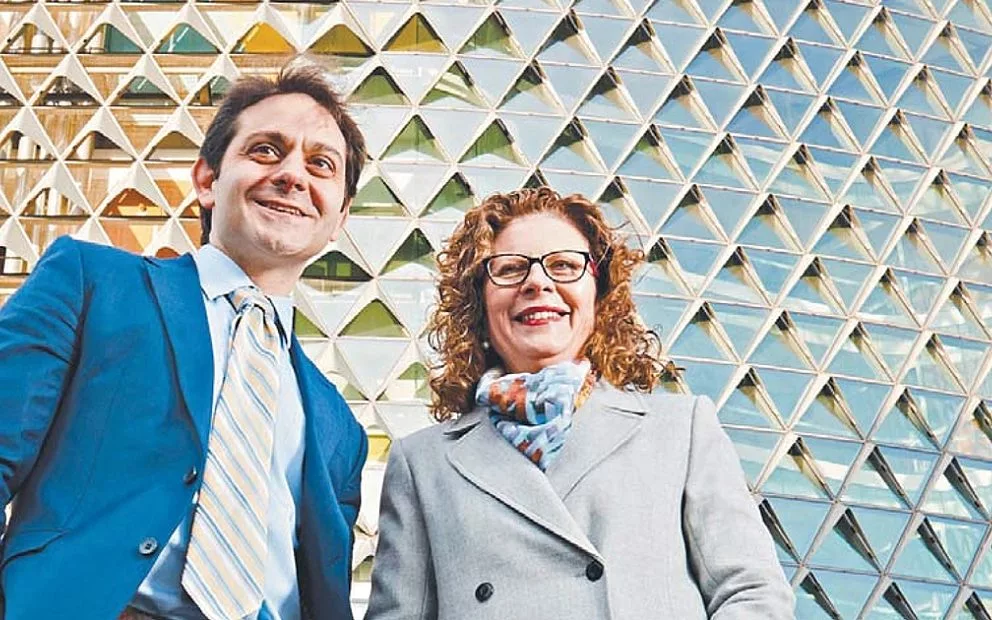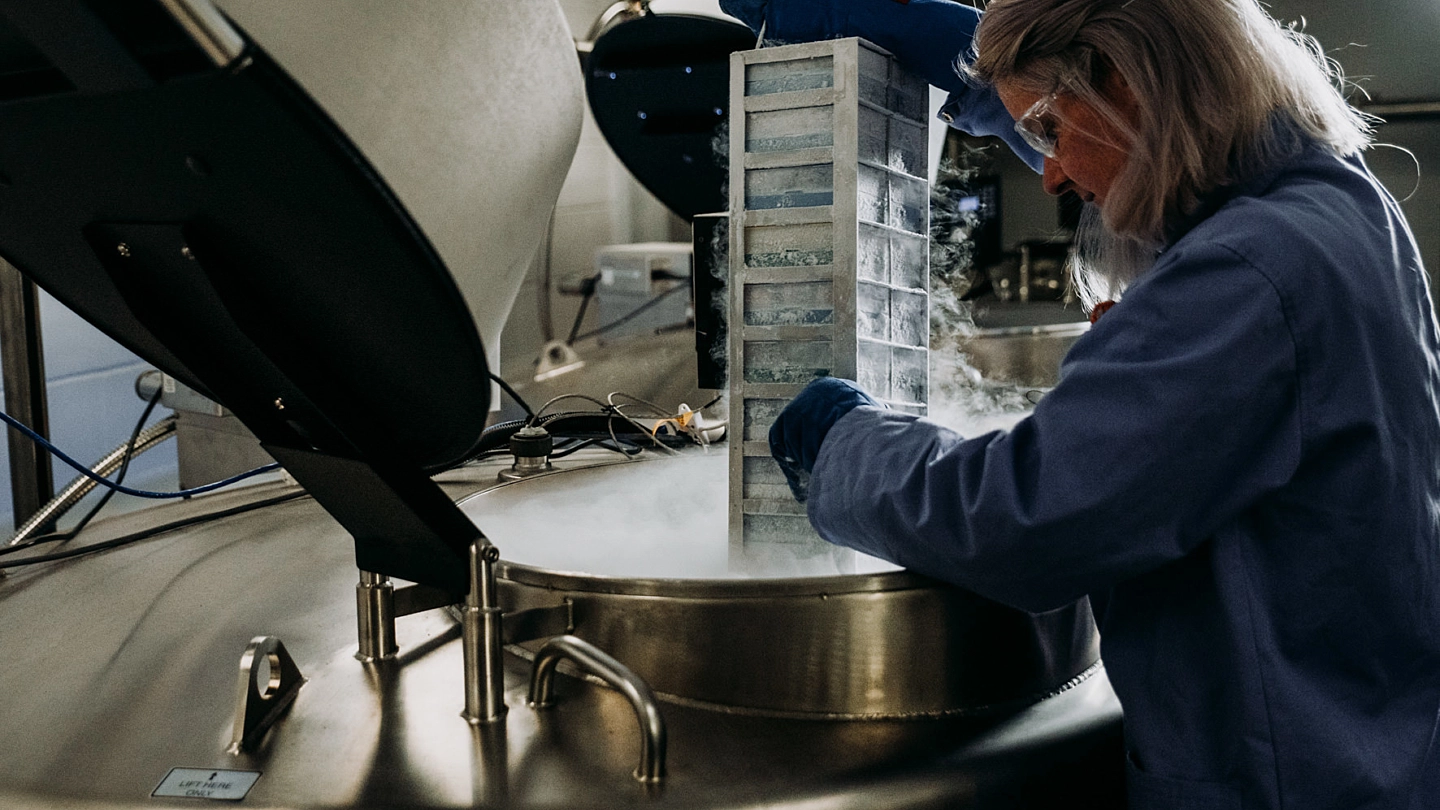The National Health and Medical Research Council (NHMRC) has just announced a host of SAHMRI scientists as recipients of the latest round of Ideas and Investigator Grants.
Five SAHMRI standouts have been awarded Ideas Grants to support innovative research projects addressing specific questions spanning chronic pain, gene editing, neurological function, bone marrow failure and heart health.
Two Investigator Grants administered by the University of South Australia (UniSA), and SAHMRI, have been won by Professor Gillian Caughey and Associate Professor Odette Pearson, to fund major projects in aged care and Aboriginal health respectively.
Prof Caughey’s research program builds evidence to inform and evaluate the impacts of quality of care reforms to Australia’s aged care system that were introduced following the Royal Commission into the sector. It will generate new knowledge to ensure the delivery of high-quality care for older Australians accessing aged care services to improve health outcomes and wellbeing.
“The project leverages data from 3.5 million people through our Registry of Senior Australians (ROSA) to provide policy makers, industry and clinicians with real-world evidence to inform and drive high quality of aged care for our older Australian population,” Prof Caughey said.
A/Prof Pearson is building on her current program of research to establish and scale information and monitoring systems that will be governed by communities, clients, workforce and services and used to self-determine programs for outcomes across the areas of equity in health and social services, diabetes care and healthy ageing.
“I will continue to work with Aboriginal communities and organisations to achieve our goals. The health benefits of this research will be broad and enduring for the Aboriginal and Torres Strait Islander population for generations to come,” A/Prof Pearson said.
Dr Tim Sargeant will embark on a three-year project working alongside Dr Ed Robins in collaboration with SAHMRI’s Molecular Imaging and Therapy Research Unit (MITRU), to develop a cutting-edge PET scan tailored to measure molecular recycling in the brain.
“The scan will use special molecules labelled with radioactive isotopes to track the brain's recycling process, by identifying areas where it struggles to keep itself clean,” Prof Sargeant said.
“We’re optimistic this work could result in interventions that can be implemented before serious damage occurs, especially relating to dementia.”
Dr Daniel Thomas’s Myeloid Metabolism Group is the beneficiary of multiple grants, administered by UOA, to develop new immunotherapy drugs to treat myelofibrosis and address bone marrow failure.
Myelofibrosis is a poorly understood chronic bone marrow disorder for which there’s currently no known therapy that can prevent eventual progression to leukaemia, without causing significant toxicity. Dr Thomas’s team is aiming to change that.
“We’ve identified novel immunotherapy targets that have promising potential to eradicate the mutated stem cells causing the disease, allowing outgrowth of healthy blood cells and reversal of fibrosis,” Dr Thomas said.
A separate project being led by Senior Researcher, Dr Vashe Chandrakanthan, in collaboration with Dr Thomas and Professor Stan Gronthos, will explore the potential for stem cell therapies to restore bone marrow failure.
Dr Joel Castro is leading a project to validate a novel immunotherapeutic approach to treating chronic pelvic pain in endometriosis. Endometriosis is a painful disorder affecting 11% of females worldwide, with the cause of the condition poorly understood and no effective treatments yet available outside of surgery.
“We’re aiming to prove that a monoclonal antibody, known to regulate nerve fibres and blood vessel growth, can be used to help reduce the formation of endometriosis lesions and ultimately provide chronic pelvic pain relief,” Dr Castro said.
“A monoclonal antibody is currently in phase II clinical trials to treat advanced ovarian cancer. Importantly, our pre-clinical studies in an animal model of endometriosis have shown very positive results both in reducing both endometriosis development and chronic pelvic pain.”
Professor Paul Thomas is using next-generation gene editing strategies to treat common inherited eye diseases, that are currently incurable and often result in complete blindness. The project, administered by UOA, will utilise cultured cells and mice to model the disease, autosomal dominant retinitis pigmentosa.
“Recent research suggests inherited blindness can be treated using new genome editing technology that corrects the mistake in the DNA causing the disease,” Prof Thomas said.
Finally, Associate Professor Christina Bursill is being supported by an Ideas Grant, administered by UOA, to create a novel nanoparticle that tracks to plaque and the liver while simultaneously reducing lipids and inflammation, for the prevention of atherosclerosis and treatment of coronary artery disease (CAD).
“My team is focusing on a specific protein called ASGR1, which we’ve now associated with an increased risk of CAD, after finding that mice without ASGR1 had less plaque build-up in their arteries, lower cholesterol levels, and reduced inflammation,” A/Prof Bursill said.





